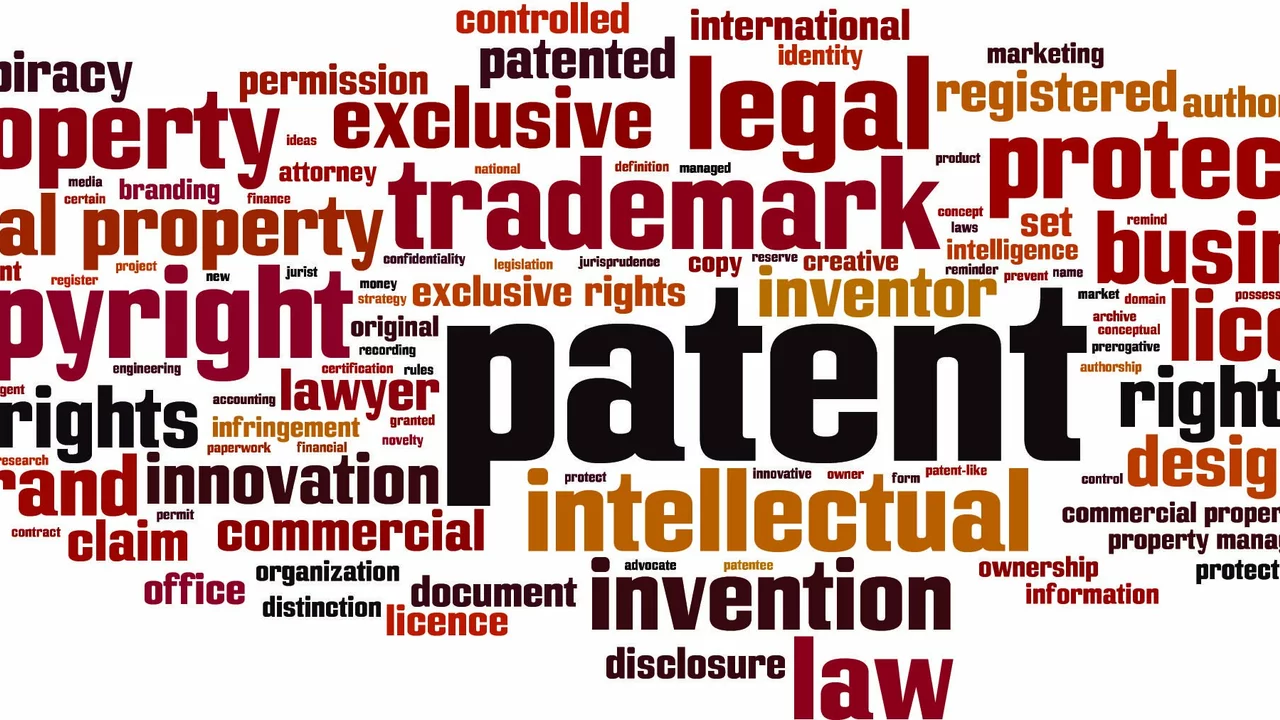Can you trademark a logo with a font?

Understanding Trademarks and Logos
In the world of business, your brand's identity is crucial. One of the most important aspects of your brand is your logo, as it represents your company and helps distinguish it from others. A trademark is a legal protection that can be applied to logos, names, and other distinctive features of a brand. In this article, we will discuss whether or not you can trademark a logo with a font, and explore the various aspects of the trademarking process.
The Role of Fonts in Logo Design
Fonts play a significant role in logo design, as they can express a brand's personality, values, and target audience. A well-chosen font can make a logo memorable and impactful, while a poorly chosen one can harm the overall design. Since fonts can have such a strong impact, it's essential to understand how they relate to trademarks and the legal protection of your logo.
Can You Trademark a Font Itself?
The short answer is no; you cannot trademark a font itself. Fonts are considered functional elements, and as such, they do not qualify for trademark protection. However, this does not mean that fonts are completely unprotected. Fonts can be protected under copyright law, which prevents unauthorized copying and distribution. This means that while you can't trademark a font, you can still protect it from being used without permission.
Exceptions: Custom and Hand-Lettered Fonts
While pre-existing fonts cannot be trademarked, custom or hand-lettered fonts created specifically for a logo may be eligible for trademark protection. If the custom font is a unique and distinctive aspect of the logo, it could be considered part of the overall design and eligible for trademark protection. However, this is a more complex legal area and may require consultation with an intellectual property attorney.
Trademarking a Logo with a Font
So, can you trademark a logo with a font? Yes, you can. When trademarking a logo, you are protecting the overall design and appearance of the logo, which includes the font used. The key is to ensure that your logo is unique and distinctive, so it can be easily distinguished from other logos in the market.
How to Make Your Logo Distinctive
To ensure that your logo is distinctive and eligible for trademark protection, it's important to consider the following factors:
- Choose a unique font or create a custom one
- Combine the font with other design elements, such as shapes, colors, or symbols
- Modify the font in a way that makes it unique to your logo
By taking these steps, you can create a logo that stands out and is more likely to be granted trademark protection.
Registering Your Logo Trademark
Once you have created a unique and distinctive logo that includes a font, the next step is to register your trademark. This process involves submitting an application to the appropriate government agency, such as the United States Patent and Trademark Office (USPTO). The application will require you to provide information about your logo, your brand, and the goods or services you offer.
Protecting Your Logo Internationally
Keep in mind that trademark protection is generally limited to the country where you register it. If you plan to operate in multiple countries, you may need to register your trademark in each jurisdiction. This can be a complex and time-consuming process, but it's essential to protect your brand and logo globally.
Enforcing Your Logo Trademark
Once your logo has been granted trademark protection, it's up to you to enforce it. This means monitoring the market for any potential infringements and taking legal action if necessary. By actively protecting your logo and its associated font, you can ensure that your brand's identity remains strong and distinctive in the marketplace.
Conclusion
While you cannot trademark a font itself, you can trademark a logo that includes a font. By creating a unique and distinctive logo, registering your trademark, and actively enforcing your rights, you can protect your brand's identity and ensure that your logo remains a strong representation of your company. If you're unsure about any aspect of the trademark process, it's always a good idea to consult with an intellectual property attorney to ensure that your logo and brand are fully protected.
